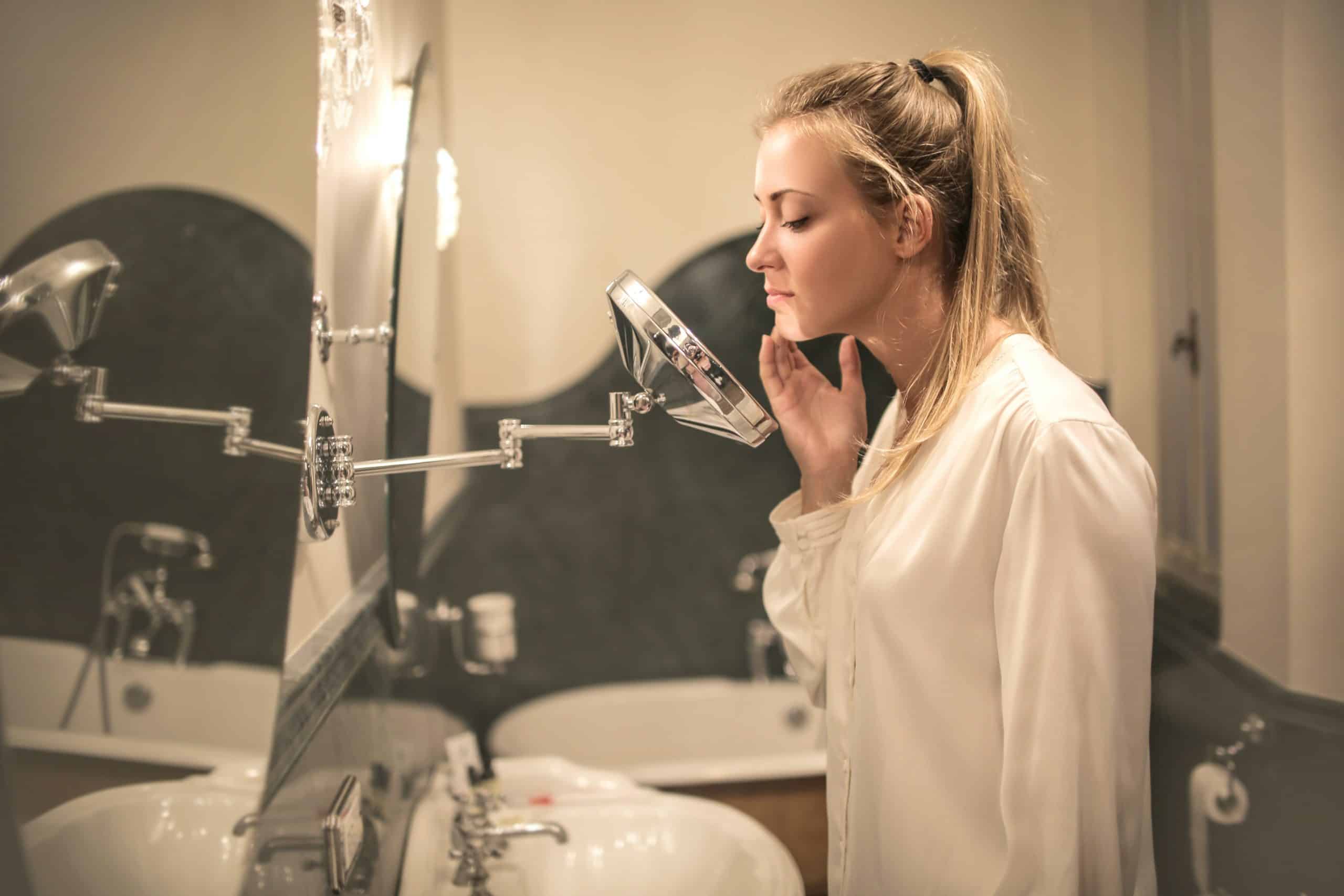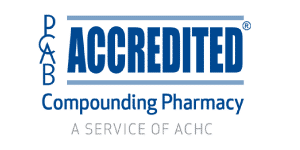What is Acne?
Acne is a common skin condition found mostly in teenagers and young adults. It usually occurs when hair follicles plug with oil and dead skin cells. Acne can appear as blackheads, whiteheads, or red bumps. Acne can be caused due to a variety of factors like hormonal imbalances, unhygienic food diet, medical conditions, sleep deprivation, and more.
It is recommended to visit a dermatologist if over-the-counter products and home remedies are not working. Nowadays, many dermatologists prescribe dermatological compounding medication to treat acne. These treatments will either come in the form of a topical solution or an oral medication.
Let’s look at a few of the most prescribed topical and oral medications for acne:
Topical Medications for Acne:
1. Retinoids and Retinoid-like Drugs
Drugs that include retinoic acids or tretinoin are regularly useful to treat moderate acne. They come in form of creams, gels, and lotions. It prevents the plugging of hair follicles and reduces the formation of acne scars. They help prevent and speed up the healing process with blackheads, whiteheads, and inflamed swelling or redness.
2. Antibiotics
They work by killing excess skin bacteria and decreasing the effects of redness and inflammation in the skin. For the first few months of treatment, you could use both a retinoid and an antibiotic, with the antibiotic implemented in the morning and the retinoid in the evening.
3. Azelaic Acid and Salicylic Acid
A 20% azelaic acid cream or gel is as effective as many conventional pimple remedies. It is also used to control discoloration that takes place with some types of acne that result in skin redness and minor skin irritation.
Salicylic acid also helps prevent plugged hair follicles. It is available in both wash-off and leave-on products. Common side effects include skin discoloration and minor skin irritation.
Oral Medications for Acne:
1. Antibiotics
Oral Antibiotics are used to treat moderate and severe pimples that reduce the effects of bacteria. Usually, the primary preference for treating acne is a tetracycline (minocycline, doxycycline) or a macrolide (erythromycin, azithromycin). Oral medication should be used for a minimum possible duration to reduce the risk of developing antibiotic resistance.
2. Combined oral contraceptives
Four types of combined oral contraceptives for acne therapy in women are approved by the FDA who also wish to use them for contraception. These drugs can cause weight gain, breast tenderness, cardiovascular problems, breast cancer, and cervical cancer.
3. Anti-Androgen Agents
Anti-Androgen agents work by blocking the impact of androgen hormones on the oil-producing glands and are commonly used by women and adolescent girls. Breast tenderness and painful periods are some of the common side effects associated with these types of drugs.
4. Isotretinoin
Isotretinoin is a derivative of vitamin A and is usually prescribed for people whose moderate or severe acne hasn’t responded well to other forms of acne treatments. Common side effects include inflammatory bowel disease, depression, and severe birth defects.





